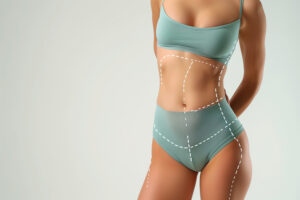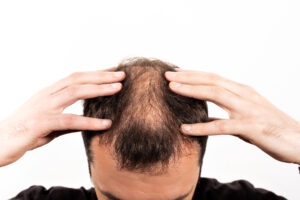Fungal infection- itchy, dry & irritated skin may with blisters or may not, these things come to a mind when someone asks about fungal infection.
Do you know what you’re having is not the only existing type of fungal infection? There are several types of it. Let’s find out what type you have?
In this blog, you will get to know about:
What is skin fungal infection?
Common types of skin fungal infections.
What is skin fungal infection?
Fungal infection is a disease that is caused by fungs. It is a living microorganism and has millions of species. Fungi can be found everywhere on soil, household surface, plant, and even on your skin.
Common types of fungal infection
There are about 300 types of fungi that can affect humans and from them, several types can affect your skin.
Tinea corporis (Ringworm):
The most common skin infection that occurs by fungs. Tinea corporis also called Ringworm because lesions or rashes caused by these fungi appear in a circular shape (ring shape) on your body. These ringworms mostly live or survive in a warm and moist or humid environment.
Ringworms are likely to spread from an affected area to other parts of the body such as:
- Feet
- Groin, inner thighs, or buttocks
- Scalp
- Beard Hands
- Toenails or fingernails
Initially, this infection appears as discolored, scaly circular patches on affected areas. These patches are brown-grey on darker skin and red on lighter skin. Also, it might cause itchiness, irritation, and dryness in the affected areas.
You are most likely to get this fungus when you come in contact with already infected human skin, surfaces, soil, and also from daily used items like bedding, clothes, towels, etc.
Risk factors:
- Live in warm and humid climates
- Have diabetes
- Overweight
- Have excess sweat
- Using public shower
- Wearing tight shoes or clothes
It is curable and from treatment, it is suggested to go for antifungal medication under experts guidance.
Tinea Cruris (Jock itch): The Jock itch often affects the Groin, inner thighs, pubic region, or buttocks. This fungus often occurs due to moist and warm climates.
It causes red, itchy, and irritating rashes with a scaly border. The rash might be reddish, brown, or gray, with dry, peeling, patchy, or cracking skin. People may experience instance itching in the affected area.
Jock itch can be transmitted through human-to-human skin contact, by skin-to-skin contact, or by contact with used sports clothing and sharing towels. It is most common in athletes. It is also common in people who are overweight, have diabetes, and people who sweat a lot. It can be cured when it gets treated correctly.
Tinea Pedis (Athlete’s Foot) : Tinea Pedis also known as Athlete’s foot. It is a fungal skin infection that first starts affecting the toes. It most commonly occurs in people who have very sweaty feet. Also, who wears tight-fitting shoes.
Symptoms of an athlete’s foot cause a scaly and itchy rash. This condition can be spread via contaminated floors, clothing or towels.
Athletes’ feet are like other fungal infections such as ringworm and jock itch. It can be treated with antifungal medications and under proper guidance of a dermatologist.
Tinea Unguium (Onychomycosis)
Tinea unguium is a Fungal infection of nails. It is common infection of toenails in the elderly. This infection causes thickened and chapped, unsightly nails which sometimes become painful. This infection often spread from skin to skin contact also if you have problem of sweaty feet or you are suffering from athlete’s foot infection. Medication under dermatologists guidance works well to clear the infection. It will need several weeks to get cured properly.
Finally words.
Fungal infections are curable; it’ll not majorly harm you. To stay away from any type of Fungal infection you have to follow a few safety measures.
• wash your clothes regularly
• take a bath on a daily basis
• make less contact to any surfaces
• Avoid getting tight-fitted clothes
• avoid sharing clothes and towels
Only person that can completely cure Fungal infection and heal your wounds is a dermatologist. So kindly consult a dermatologist and take their advice. Also if you are from Ahmedabad or nearby you can consult our expert dermatologist at Elegance skin and cosmetic clinic.







